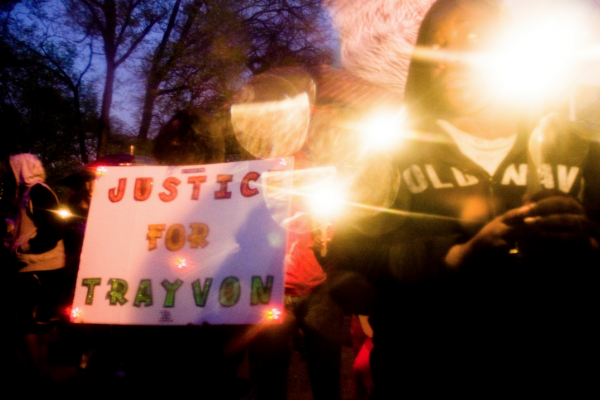Jul 18, 2013
The acquittal of a person who is not black for the murder or beating of a black person is nothing new: Remember Yusef Hawkins. Remember Rodney King. Remember Amadu Diallo. Remember Alex Moore. Remember Latasha Harlins. Remember Sean Bell. Remember… remember… remember.
Many of us can recall these names without much effort. So, why is the death of Trayvon Martin so different?
It’s different because of the law — and the timing.
Read the Full Article

Already a subscriber? Login
